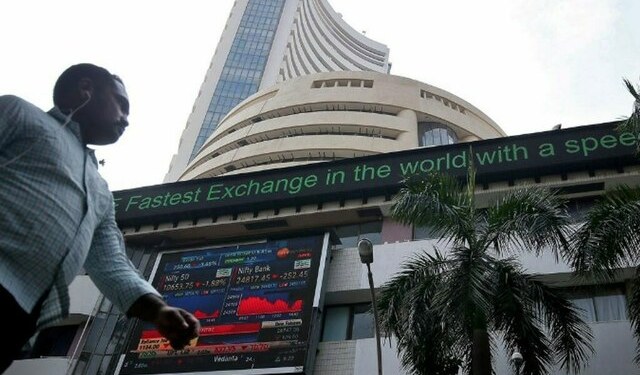(Repeats item issued late Thursday, with no change to text)
By Sonali Paul and Denny Thomas
MELBOURNE/HONG KONG, Sept 3 (Reuters) – As rollercoaster oil prices roil markets, Australian oil and gas producer Santos Ltd faces a tough task to raise the $ 2 billion it needs from asset sales to slash its debt and avoid having to swamp the market with new shares.
Santos put its assets up for sale just over a week ago, desperate to rescue its stock from a 15-year low due to sliding oil prices and worries it will sell new shares to cut A$ 8.8 billion ($ 6.2 billion) in net debt.
The company, which has stakes in oil and gas production in Australia, Papua New Guinea, Indonesia and Vietnam, said it had already been approached with offers and would consider any other proposals over coming months.
Santos faces having to give up the jewel in the crown – its 13.5 percent stake in Papua New Guinea LNG, sell off a string of assets, or resort to a share sale to raise the A$ 3 billion that investors believe it needs.
“It’s going to be a tough call for that board room,” said a banker in Singapore pitching for work with potential bidders.
Bankers and analysts say a full takeover offer for Santos, which has a market value around A$ 4.5 billion, is unlikely as bidders would be deterred by its 30 percent stake in the nearly completed Gladstone liquefied natural gas (GLNG) project.
GLNG faces uncertainty over gas reserves and the reliability of supply for the LNG project, one of the world’s first to use coal seam gas.
Recent savage swings in oil prices are making it tough for anyone to seal deals swiftly, as buyers remain pessimistic about a price rebound.
“It’s actually really difficult to sell an asset in today’s environment,” Woodside Petroleum CEO Peter Coleman said last month.
PNG PRIZED
Santos’ stake in PNG LNG, run by ExxonMobil, is considered among the lowest cost, expandable LNG operations worldwide.
“It’s the most easily sellable asset, but that would probably be their least preferred option,” said UBS analyst Nik Burns.
Analysts estimate the stake is worth A$ 5.1 billion, at a long-term oil price of $ 70 a barrel, or more than $ 4 billion at $ 60 a barrel.
The PNG LNG stake could attract Woodside or India’s ONGC Videsh, which are both hunting for acquisitions, or it could offer France’s Total SA a way to expand in Papua New Guinea.
ONGC Videsh is evaluating some Santos assets but has yet to make a decision, said a person familiar with ONGC Videsh’s operations.
They could be trumped by one of the existing PNG LNG partners – ExxonMobil, Oil Search and Nippon Papua New Guinea LNG – which have rights to match any offer. Oil Search wants to expand in PNG.
ExxonMobil, Total, Woodside and JX Nippon Oil & Gas Exploration Corp, a unit of JX Holdings, declined to comment.
The alternative is for Santos to sell a large chunk of the rest of its assets, although piecemeal sales will take time to execute when the company wants a quick solution.
Its oil and gas producing stakes in Indonesia and Vietnam could fetch around A$ 500 million, UBS said.
Bankers and industry experts said those assets could attract bids from Asian companies like Thailand’s PTT Exploration & Production, ONGC Videsh, Japan’s Inpex Corp or JX Nippon Oil & Gas Exploration.
“We are particularly keen on assets close to home and in Southeast Asia,” PTTEP Chief Financial Officer Penchan Charikasem told Reuters. She declined to comment on Santos’ assets.
Santos’ stake in Darwin LNG in northern Australia could be sold for about A$ 600 million, UBS said.
That could draw a bid from Inpex, already a partner in Darwin LNG. Inpex declined to comment on Santos’ assets. A spokesman said: “In general, we always have to replace assets and are looking for opportunities.”
Santos’ gas storage at Moomba, where three eastern Australian pipelines meet, is seen as a good asset for infrastructure players, like Australian Pipeline Ltd and fund managers like Hastings Funds Management and could fetch up to A$ 1 billion.
($ 1 = 1.4229 Australian dollars)
(Reporting by Sonali Paul; Additional reporting by Khettiya Jittapong in BANGKOK, Osamu Tsukimori in TOKYO, Al Zaquan in KUALA LUMPUR, Nidhi Verma in NEW DELHI and Geert de Clercq in PARIS; Editing by Richard Pullin)


























